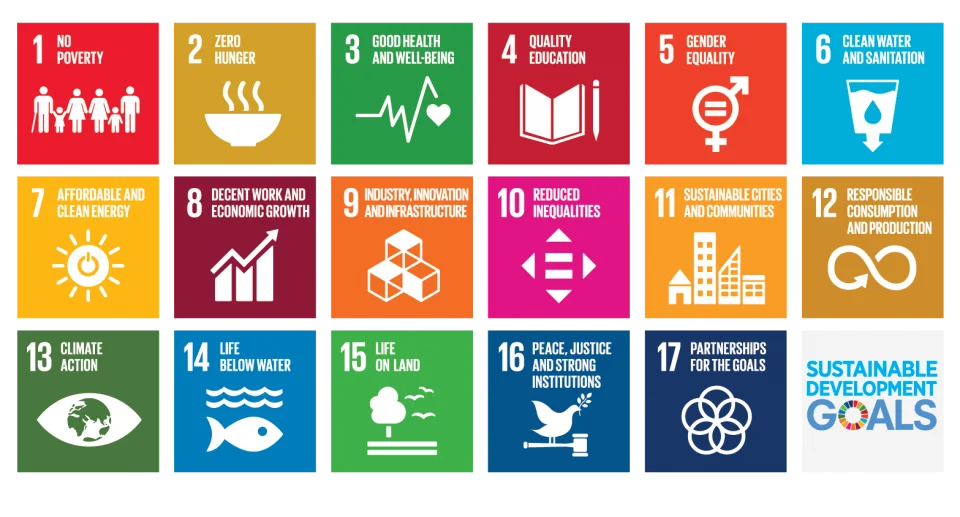In the heart of conflict zones, amidst the chaos and uncertainty, lives a group of women known as “Half-Widows.” These women endure a unique and harrowing plight, trapped in a liminal space between hope and despair, where the absence of their husbands leaves a void filled with unanswered questions and unfulfilled lives. Today, Voice of Widows sheds light on their stories, their struggles, and the urgent need for our collective action.
The Term “Half-Widows”
The term “Half-Widows” refers to women whose husbands have disappeared, often in conflict zones, without any trace or confirmation of their whereabouts. Unlike traditional widows, they do not have the closure of knowing whether their spouses are dead or alive. This ambiguous loss leads to profound emotional, social, and economic challenges.
Living in Limbo
Imagine waking up every day not knowing if your partner is dead or alive. This is the daily reality for half-widows. They live in a state of constant limbo, caught between mourning and hope, unable to move on with their lives. This unresolved grief is a heavy burden, affecting their mental health and well-being.
Social and Economic Isolation
Half-widows often face social ostracism. In many cultures, a woman without her husband is seen as incomplete, and without the certainty of widowhood, she lacks the societal support traditionally extended to widows. Economically, these women are often left destitute. With their husbands missing, they have no access to financial resources or property rights, leading to a life of poverty and struggle.
The Emotional Toll
The emotional toll on half-widows is immense. They suffer from anxiety, depression, and other mental health issues due to the constant uncertainty and stigma. Their children, too, grow up in an environment of insecurity and fear, impacting their development and future prospects.
The Call to Action
The plight of half-widows is a humanitarian crisis that demands immediate attention and action. Here are steps we can take to support these women and their families:
1. Raise Awareness
- Share their stories on social media, blogs, and community forums.
- Educate others about the unique challenges faced by half-widows.
2. Support Organizations
- Donate to NGOs and initiatives dedicated to helping half-widows.
- Volunteer your time and skills to support their programs.
3. Advocate for Policy Change
- Petition governments to recognize the rights of half-widows.
- Push for policies that provide financial aid, mental health support, and legal recognition to half-widows.
4. Provide Direct Aid
- Sponsor a half-widow or her children to ensure they have access to education and basic necessities.
- Create community support groups to offer emotional and social support.
Conclusion
The world cannot afford to turn a blind eye to the suffering of half-widows. Their plight is a call to our collective conscience, urging us to act with empathy, urgency, and determination. By raising our voices and extending our hands, we can bring hope and justice to these forgotten women.
Half-widows are not just a statistic or a news headline—they are mothers, daughters, sisters, and friends. They deserve recognition, support, and above all, the chance to live a life of dignity. Together, we can make a difference. Stand with half-widows today.







